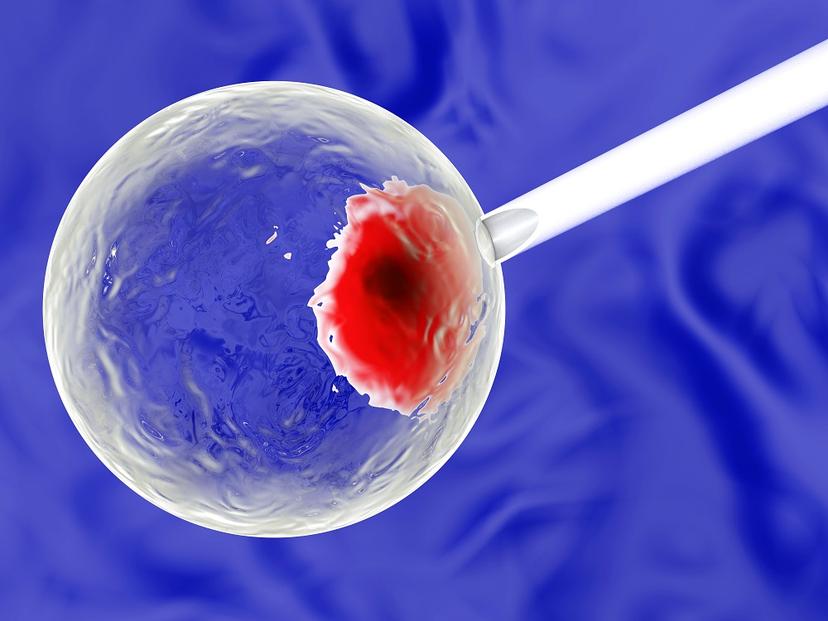Fetal Stem Cell Therapy Trialed for Brittle Bone Disease
16 Nov 2015

This is the first clinical trial to treat Osteogenesis Imperfecta (OI) with fetal stem cell therapy
Osteogenesis Imperfecta (OI), or brittle bone disease, is most commonly a genetic condition that affects the production of collagen in the body, leading to bones that can break very easily. People with OI also often suffer from loose joints, fatigue, early hearing loss and respiratory problems. SelectScience spoke to Dr Cecilia Gӧtherström, a researcher at the Karolinska Institutet in Stockholm, Sweden, and coordinator of the first clinical trial to pit stem cell therapy against this debilitating disorder.
Dr Gӧtherström and her colleagues chose to start with OI because "no good treatment exists", she explained, "and OI is a chronic disorder that affects the patient throughout their lifetime with reduced quality of life". In OI, Dr Gӧtherström revealed, the damage, including poor mineralization, fractures and angulated bones, has already begun by the time the baby is born. As it is possible to diagnose OI during pregnancy, it is important to start treatment as soon as possible.
Tried and tested
The technique used by Dr Gӧtherström and her colleagues for the infusion of the stem cells is the same as that for blood transfusions during pregnancy; this tried and tested method carries a very small risk. There is a theoretical risk of the donor cells mutating and causing cancer in the mother, Dr Gӧtherström said, but this is very unlikely. While mothers with conditions like bleeding disorders or virus infection were ruled out of this trial, Dr Gӧtherström did include a postnatal transplantation group. Although this is the first trial, fetal stem cell therapy does have benefits over other types of stem cell therapy, said Dr Gӧtherström. "Fetuses do not have a fully developed immune system, so the donor cells may have a better engraftment potential", she explained, and it is also known that fetal Mesenchymal Stem Cells (MSC) have a far better bone forming capacity than adult stem cells.
Treatment not termination
"If this proves to be safe and efficient, we will explore other disorders that can be treated prenatally, such as other skeletal dysplasias, or metabolic disorders," Dr Gӧtherström explained. If this trial is successful, it could pave the way for prenatal therapies to become more common. In time, Dr Gӧtherström hopes, the prenatal diagnosis of similar chronic disorders will shift, from termination, to treatment.
Dr Gӧtherström uses a range of cell culture equipment in her research. Discover the latest technology for cell biology in our product directory.
What products do you use in your research? Write a review today, and share your experiences with our community of scientists worldwide.
